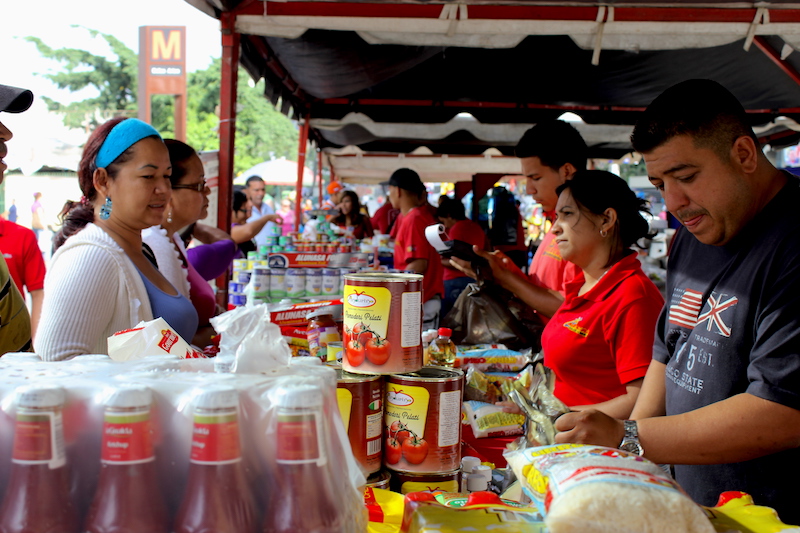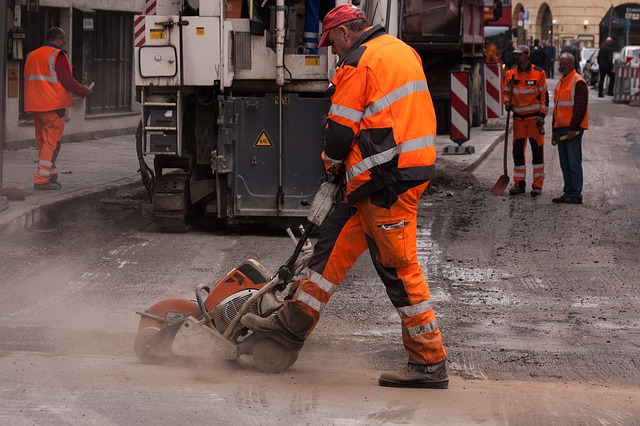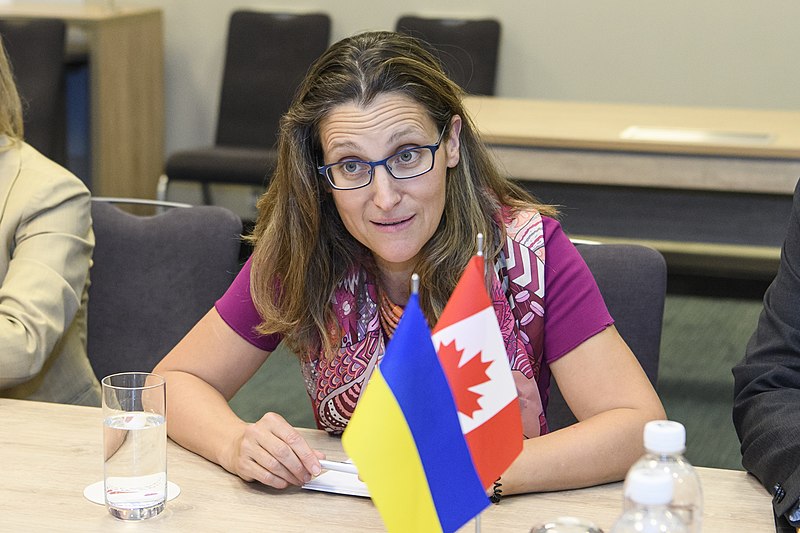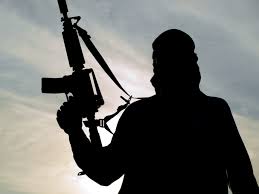Aggression and looting have become survival mechanisms for Venezuelans who simply do not have enough food to eat. Economic instability and political unrest have resulted in a severe humanitarian crisis in the country, and there is little or no indication that a solution is near. According to the New York Times, in June 2016 alone there were over 50 instances of riots and looting, including five deaths. The extreme scarcity is leading to the destruction of many local businesses and communities in Venezuela. In a Times Insider interview, it was noted that various companies have halted the production of goods, and several hospitals were forced to perform surgeries without water because of the severe shortages.
With regard to politics, Venezuela is a federal republic in which individual states hold power, but exist and comply under a national government. Elected officials represent the people, as the country is divided into districts, and members are elected based on approximate district populations. Furthermore, power is divided in various ways such as electoral power, citizen power, judicial power, legislative power, and executive power. In Venezuela’s case, a great deal of power lies in the President who appoints the Vice-President and Supreme Court judges, and can alter the composition of the Council of Ministers. Political instability is a pertinent issue in Venezuela. CNN Money reports that the country’s opposition party currently has the majority of seats in Congress (65%), but lacks power nonetheless. This type of majority typically allows for the opposition to pass legislation against the will of the current government in power, however, President Nicolas Maduro recently appointed Supreme Court justices who can overrule those decisions.
In terms of resources and economics, Venezuela has the largest oil reserves in the world, and 95% of its foreign exchange earnings come from oil prices. As a result of declining oil prices, and outstanding international debt, the country’s government and economy are in an extremely unstable condition. The Washington Post reports that Venezuela has the highest inflation rate in the world and an estimated poverty rate of 76%. This dangerous combination of an impoverished population and overpriced goods has pushed Venezuela into the global spotlight, as the government is being called upon to make a change.
International involvement
Although the government declared a constitutional state of emergency in May 2016, there has been limited acceptance of foreign humanitarian aid. Citizen groups and activists are mobilizing to gather food and medical donations. Nevertheless, transporting goods to communities in need has proved to be difficult. This is a significant challenge for international community members and states who would typically intervene and provide vital humanitarian aid. According to the Jamaica Observer, the international response to Venezuela’s crisis is underwhelming, as international governments are engaging in dialogue regarding the shortages, but there is skepticism around what can actually be done. At the end of July 2016, the Jamaican government announced that it would provide USD $4 million through the PetroCaribe Development Fund and their Ministry of Science, Energy and Technology. Additionally, Colombian efforts have been encouraging, as a previously closed border was re-opened for Venezuelans to cross and purchase goods in Colombia, for a limited amount of time. The Colombian government is now urging Venezuela to keep that border open in order for people to continue buying essential goods.
Former U.S. Ambassador to Venezuela and Duke University professor Patrick Duddy weighed in on the issue and provided several recommendations from a U.S. standpoint. For example, he notes that it should be clarified that the focus is on the current human rights concerns, as opposed to intervening in Venezuelan political affairs. Furthermore, Duddy explored the importance of maintaining relations with Venezuela, and neighbouring countries.
Overall, given the extreme level of scarcity in the region, it is evident that the attention needs to be on the people of Venezuela, and ensuring that their basic needs are met. Whether it is through permanently opening the Colombian border to allow Venezuelans to purchase goods, or advocating for the free flow of relief items between international aid agencies and Venezuelan communities, something must be done immediately. As we wait for Venezuela’s leaders to respond, we can reflect on the fact that it is 2016, and we live in a world where children are starving, whilst those who are desperately ill, lack adequate access to medication. Let that sink in for a moment, if this was your reality, what would you do?
Photo: Food stand in Venezuela (2012), by Global Justice Now via Flickr. Licensed under CC BY-NC 2.0.
Disclaimer: Any views or opinions expressed in articles are solely those of the authors and do not necessarily represent the views of the NATO Association of Canada.




